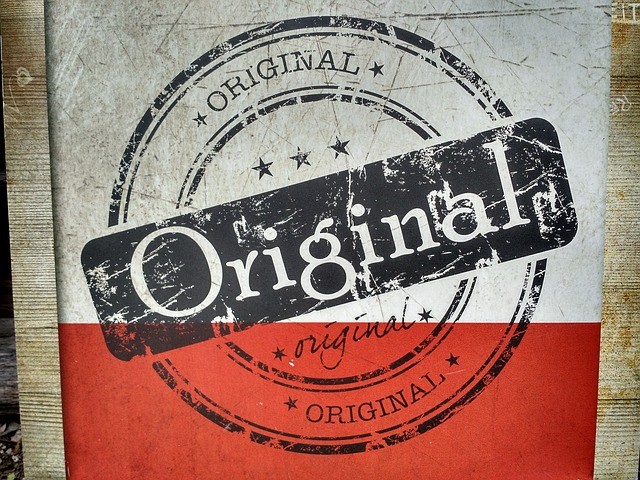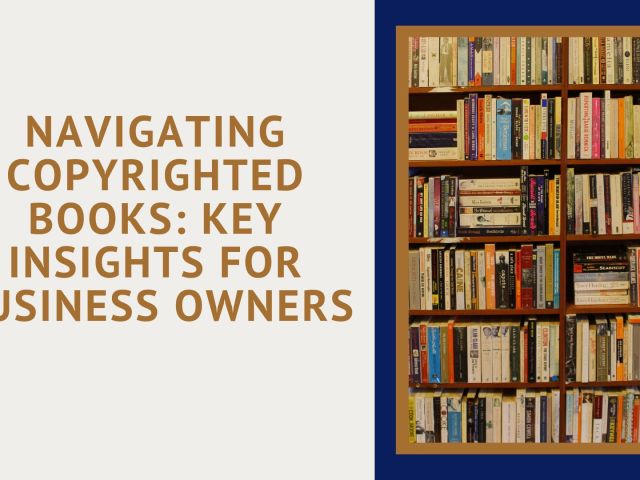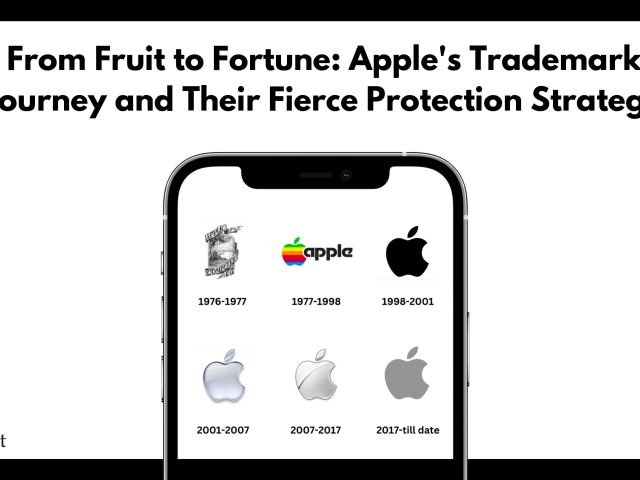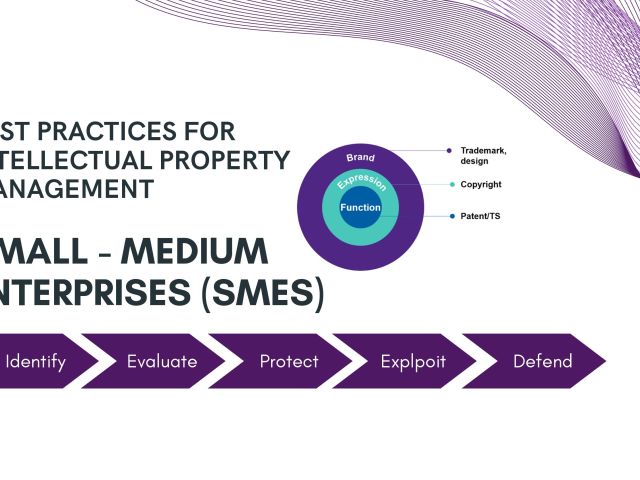Copyright is the right which a person acquires in a work, which is the result of his intellectual labor. It is a special type of intellectual property that aims at protecting the fruit of a man’s labor or skill from being misappropriated by someone else. It seeks to encourage authors, composers, and artists to create original works by rewarding them with the exclusive right for a specified period to reproduce the works for publishing and selling them to the public.
Now, S 13 of the Indian Copyright Act lists the works in which copyright subsists. It states as follows:
Subject to the provisions of this section and the other provisions of this Act, copyright shall subsist throughout India in the following classes of works, that is to say-
Original literary, dramatic, musical and artistic works.
Cinematographic films, and
Sound recordings
What is meant by originality?
The Indian Copyright Act seeks to protect ‘original’ literary, dramatic, musical and artistic works. The question that arises here is- what is meant by originality?
The word ‘original’ does not mean that the work must be the expression of original and inventive thought. Originality with respect to the expression of the thought does not require novelty of the expression. The Act only requires that the work should not be copied from another work. This means that the work should originate solely from the author.
Though this seems difficult to comprehend, several judicial decisions have laid down the parameters of what would be deemed to be original, especially with regard to literary works.
The first case in this regard is University of London Press Ltd v. Tutorial Press Ltd. In this case, the question arose with regard to certain mathematics question papers that were formulated by the University of London. University Tutorial Press was engaged in the work of collecting question papers of the University of London and publishing them in the form of a book. Now, the University of London claimed that such act was violating the copyright of the professors employed with them and therefore Tutorial Press should desist from the publication of the question papers. On the other hand, Tutorial Press claimed that the questions of the question paper were drawn from an existing body of knowledge; hence there existed no originality. As a consequence, they held that the college’s claim that there exists copyright in the question papers holds no water. The Court, however, held that despite the fact that the questions have been drawn from an existing body of knowledge, the formulation of questions into a question paper requires the exertion of effort and skill and this qualifies the question paper for protection under copyright law. The Court held that originality does not mean that the work has to be original; it only means that some effort has to be put in for it to be deemed as original.
This was further reiterated in the case of Burlington Home Shopping Pvt. Ltd. v. Rajnish Chibber. In this case, the dispute was whether the customer database collected by the company would amount to an original work and therefore qualify for a copyright protection. The Indian courts, relying on the University of London Press case held that since skill and labor had been invested in the preparation of the database, it would amount to an original work. The Court held that the ‘sweat of the brow’ should be the threshold for determining the originality of a work.
However, the scenario changed with the case of Fiest Publications Inc. v. Rural Telephone Service Co. In this case, the contents of a telephone directory were brought under scrutiny to determine whether they would qualify to be a subject of copyright protection. The Court, diverting from the established threshold of ‘sweat of the brow’ held that it is the ‘modicum of creativity’ that should be the determining factor in determining the originality of the work. The Court held that there should exist at least minimal creativity in the work for it to warrant copyright protection. In this case, the Court held that the contents of a telephone directory would not amount to an original work since there existed no creativity in the same.
The stance of the Court changed in the case of DB Modak v. Eastern Book Company. In this case, the appellant was the publisher of a well-known journal known as Supreme Court Cases. The respondents, in this case, launched a software program which contained notes from the SCC. They were sued under a claim of infringement and unfair competition. The respondents, in this case, held that since Government documents are not copyrightable, this would apply to judicial decisions as well. Therefore, they claimed that the act of the respondents would not amount to an infringement. The Court held otherwise and said that despite the fact that the respondents were merely copying the judicial decisions from the petitioner, they had failed to realize that there were some skill and creativity used in the formulation of SCCs. The SCC reports were not a mere copy of the judicial decisions. There were additions made to it in the form of headnotes, cross references, divisions of paragraphs etc. Therefore if the respondents had only copied the judicial decisions, it would not amount to infringement. However, they had copied the cross references, headnotes and other additions as well. Therefore it was a clear violation of the plaintiff’s copyright. The Court held that mere application of skill, labor, and judgment is not sufficient for copyright protection. It is the skill and judgment required in a work that should be the determining factor for originality under copyright.
You may also interested in reading some relevant copyright post in the following link:
Emerging Trends in Digital Copyright Law India
Capitalising Music In India: Performers Royalty Rights
Videography: Protect and get Protection from IP
Moral Rights Under Copyright Law
Copyright Your Musical Work




